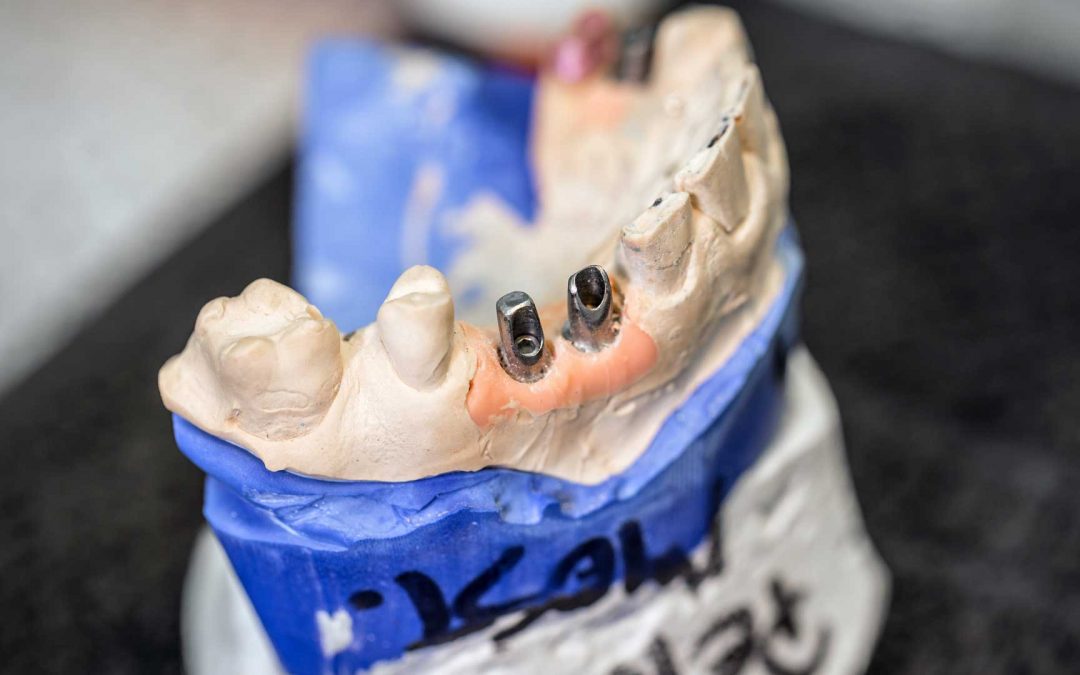Are you considering dental implants but wondering about their longevity? At A1 Dental Practice in Canterbury, we understand that patients want solutions that stand the test of time.
What is the average lifespan of dental implants?
Dental implants are designed to be a long-term solution, with proper care and maintenance, they can last 20+ years or even a lifetime. Recent studies show that dental implants have a success rate of approximately 97% after 10 years, making them one of the most reliable tooth replacement options available today.
How do implants compare to other tooth replacement options?
When compared to traditional alternatives, dental implants offer superior longevity. While dental bridges typically last 5-15 years and dentures need replacement every 5-8 years, implants can serve you for decades. This durability stems from their titanium construction, which integrates with your natural jawbone to create a stable foundation.
What factors affect how long my dental implants will last?
Several factors influence the lifespan of your dental implants. Your oral hygiene routine plays a crucial role—regular brushing, flossing, and professional cleanings help prevent infections around the implant site. Your general health also matters, as conditions like diabetes can affect healing and maintenance of implants.
Lifestyle choices significantly impact implant longevity. Smoking, for instance, can reduce the success rate of dental implants by up to 15%, according to research published in the British Dental Journal. Heavy alcohol consumption and poor diet can also compromise implant stability over time.
How can I make my dental implants last longer?
Maintaining excellent oral hygiene is fundamental for implant longevity. Brush twice daily, floss carefully around the implant area, and use interdental brushes when recommended. Regular check-ups at A1 Dental Practice allow us to monitor your implants and address any concerns early.
Avoid habits that put excessive pressure on your implants, such as teeth grinding or chewing hard objects like ice or pen caps. If you grind your teeth at night, we may recommend a night guard to protect both your natural teeth and implants.
Do dental implants require special maintenance?
While dental implants don’t develop cavities like natural teeth, they do require dedicated care. The surrounding gum tissue needs attention to prevent peri-implantitis, an inflammatory condition that can lead to bone loss and implant failure if left untreated.
Your regular check-ups at A1 Dental Practice will include specific examinations of your implants. We’ll assess stability, check the condition of the crown or prosthetic, and examine the surrounding tissues for any signs of inflammation or infection.
What warning signs should I watch for with my dental implants?
Be alert for any unusual symptoms around your implants. Persistent pain, swelling, bleeding when brushing, or receding gums may indicate a problem that needs attention. If you notice the implant becoming loose or mobile, contact our Canterbury clinic immediately, as early intervention can often save an implant at risk.
At A1 Dental Practice, we’re committed to helping you enjoy the benefits of your dental implants for as long as possible. With proper care and regular professional maintenance, your investment in dental implants can provide decades of comfortable, confident smiling.


Recent Comments